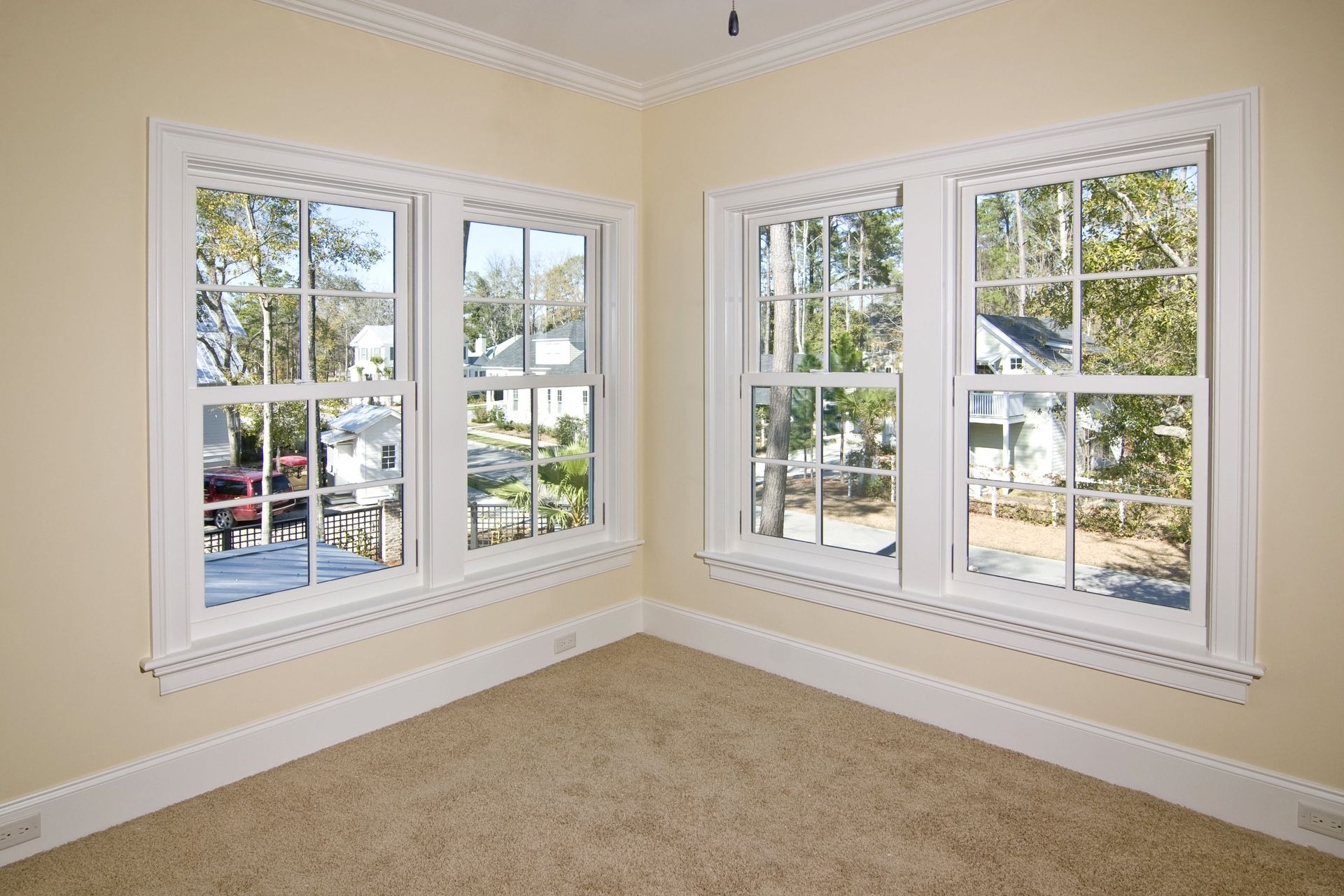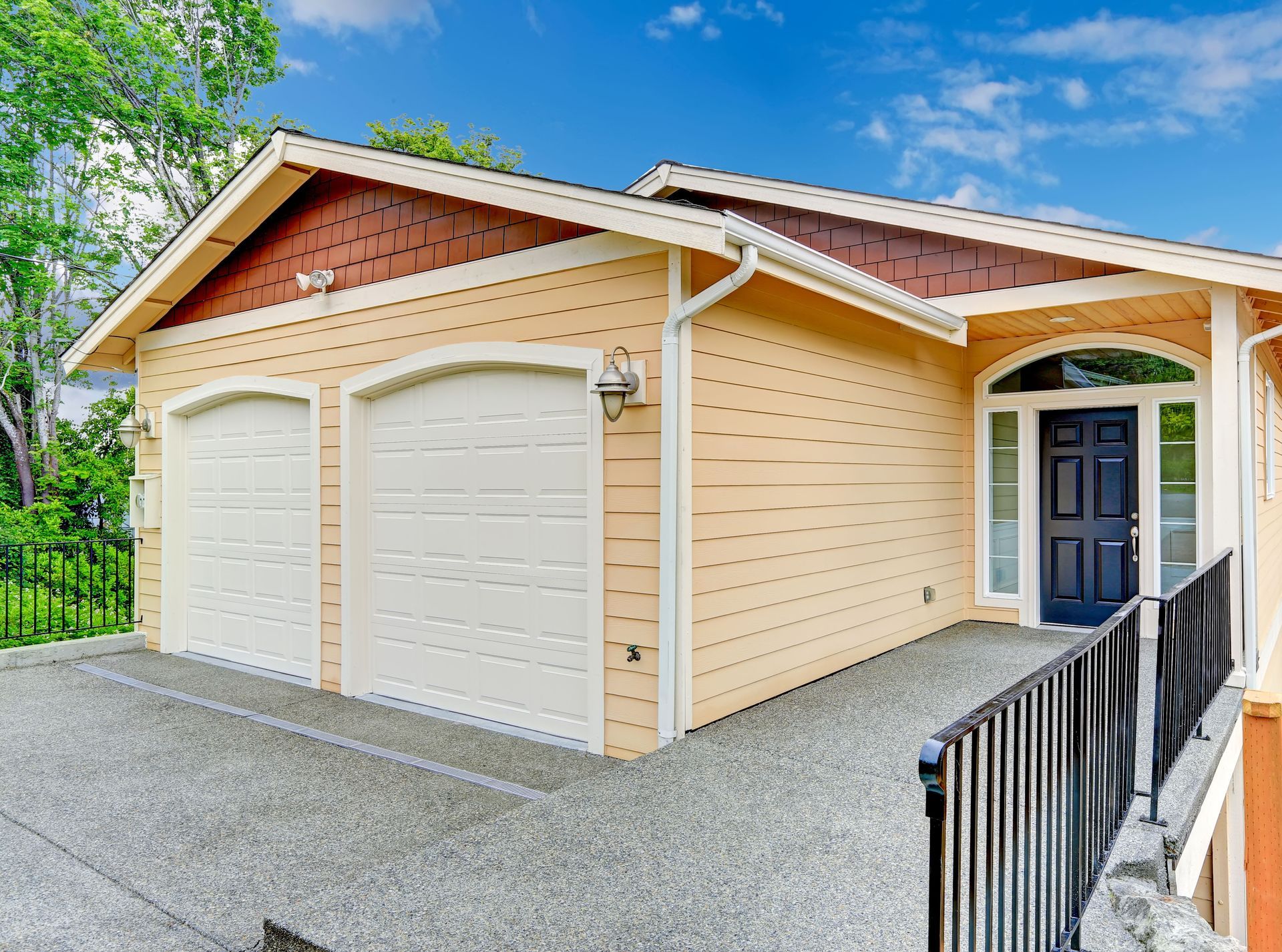When Should You Replace Your Windows?
Windows play a crucial role in the aesthetic appeal, energy efficiency, and overall comfort of your home. However, like most components of your household, they don't last forever. Knowing when to replace your windows is essential to maintaining your home's value and ensuring your living space remains both functional and pleasant. But how do you determine when it's time for new windows?
You See Visible Damage
There are several signs that indicate it might be time for window replacement. One of the most common indicators is visible damage, such as warping, cracks, or broken glass. These issues not only detract from the appearance of your home but can also compromise insulation, leading to increased energy bills and discomfort. Furthermore, difficulty in opening or closing windows is a sure sign of wear and tear. If you've noticed any of these issues, it might be time to consider calling a remodeling contractor.
Your Windows Are Old
Another critical factor to consider is the age of your windows. According to Today's Homeowner, windows should typically be replaced about every 20 years. As they age, windows may lose their effectiveness in insulating your home. This loss of efficiency can result in drafts, condensation, and uneven temperatures throughout your living space. Therefore, if your windows have been in place for two decades or more, it’s wise to assess their condition and consider updating them.
You Want Something New
The benefits of replacing your windows extend beyond just cosmetic improvements. Modern windows offer superior energy efficiency, significantly reducing heating and cooling costs. They also provide better UV protection, safeguarding your home’s interiors from sun damage. Additionally, with advances in technology, contemporary windows can offer improved security features, adding another layer of protection for your family. Weighing these benefits against the costs of frequent repairs might convince you that replacement is a more sound investment.
Determining when to replace your windows involves considering both their physical condition and their age. Visible damage, difficulty in operation, and poor insulation are all signs that you should take action. If your windows have reached or exceeded the 20-year mark, you might want to upgrade to newer, more efficient models. Investing in new windows can significantly enhance your home's comfort, value, and energy efficiency, offering substantial long-term benefits. Contact ST Evans, Inc. today to speak with a remodeling contractor.



Share On: